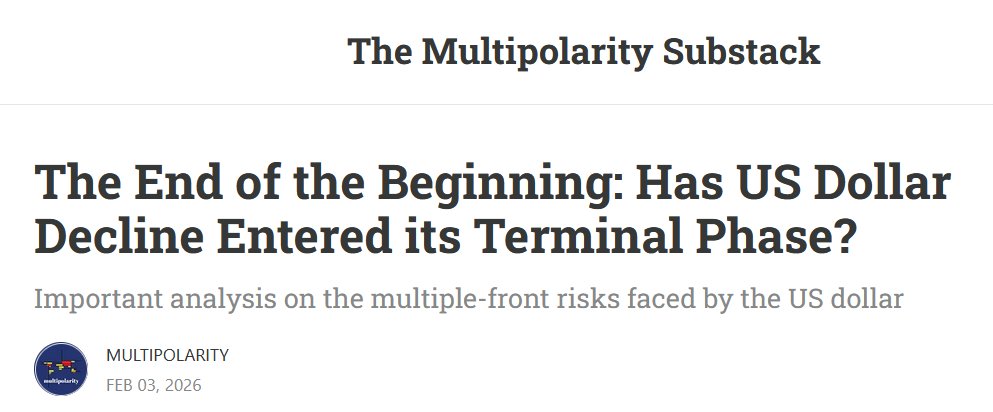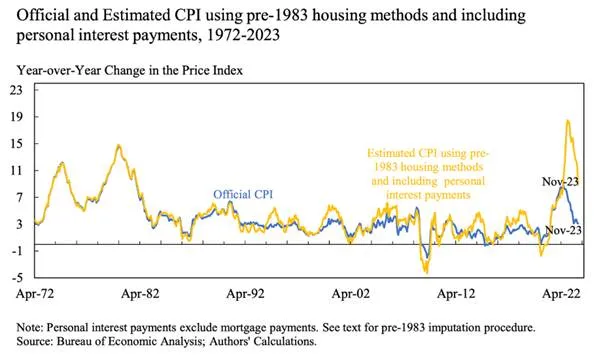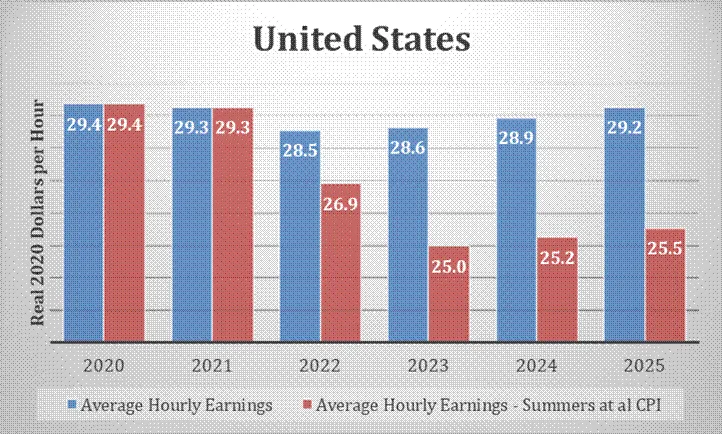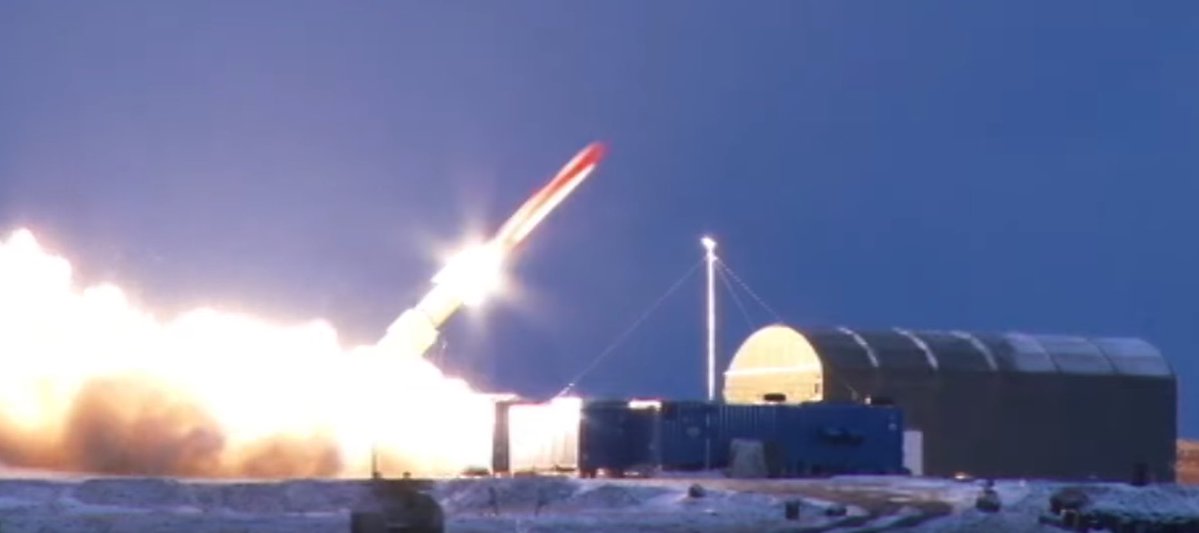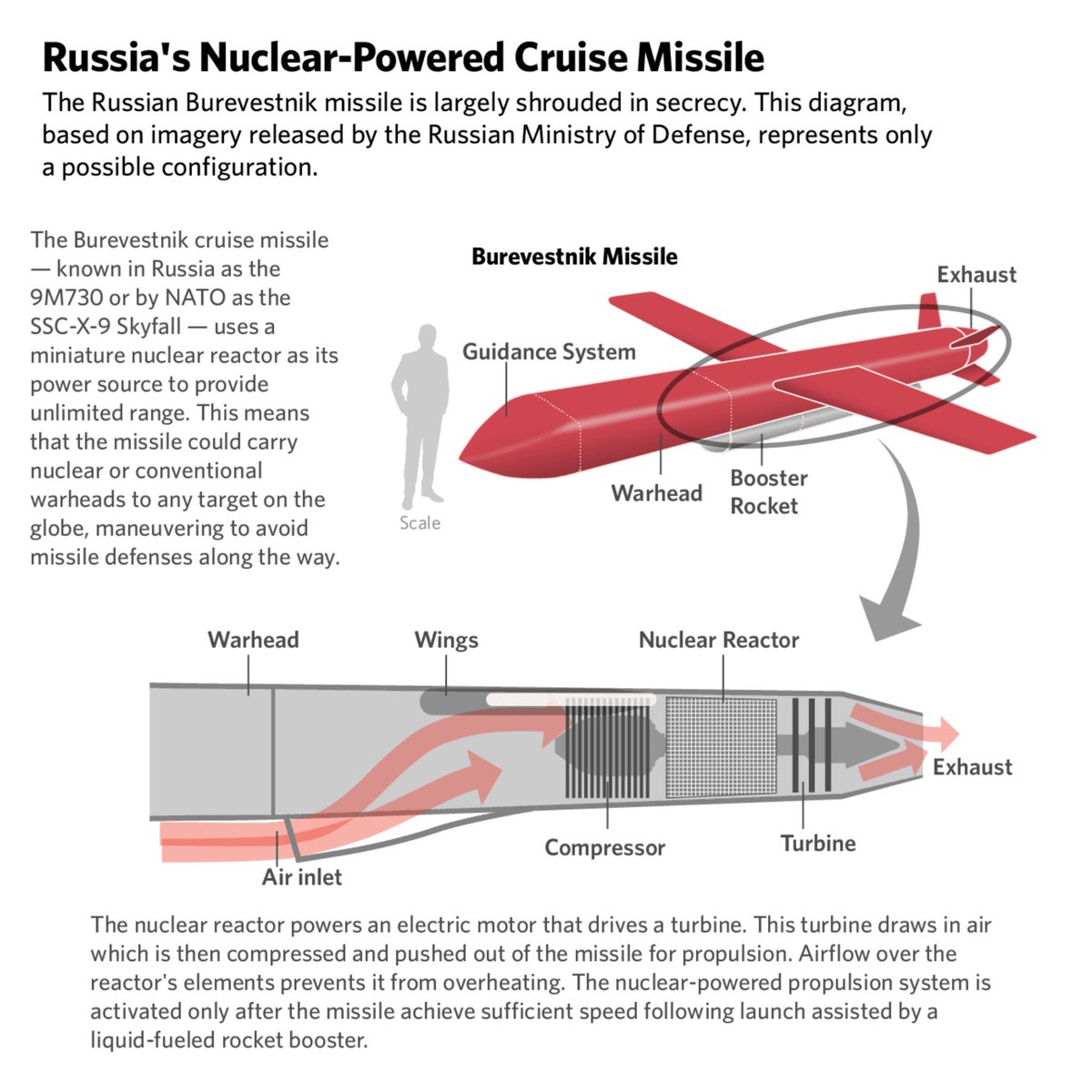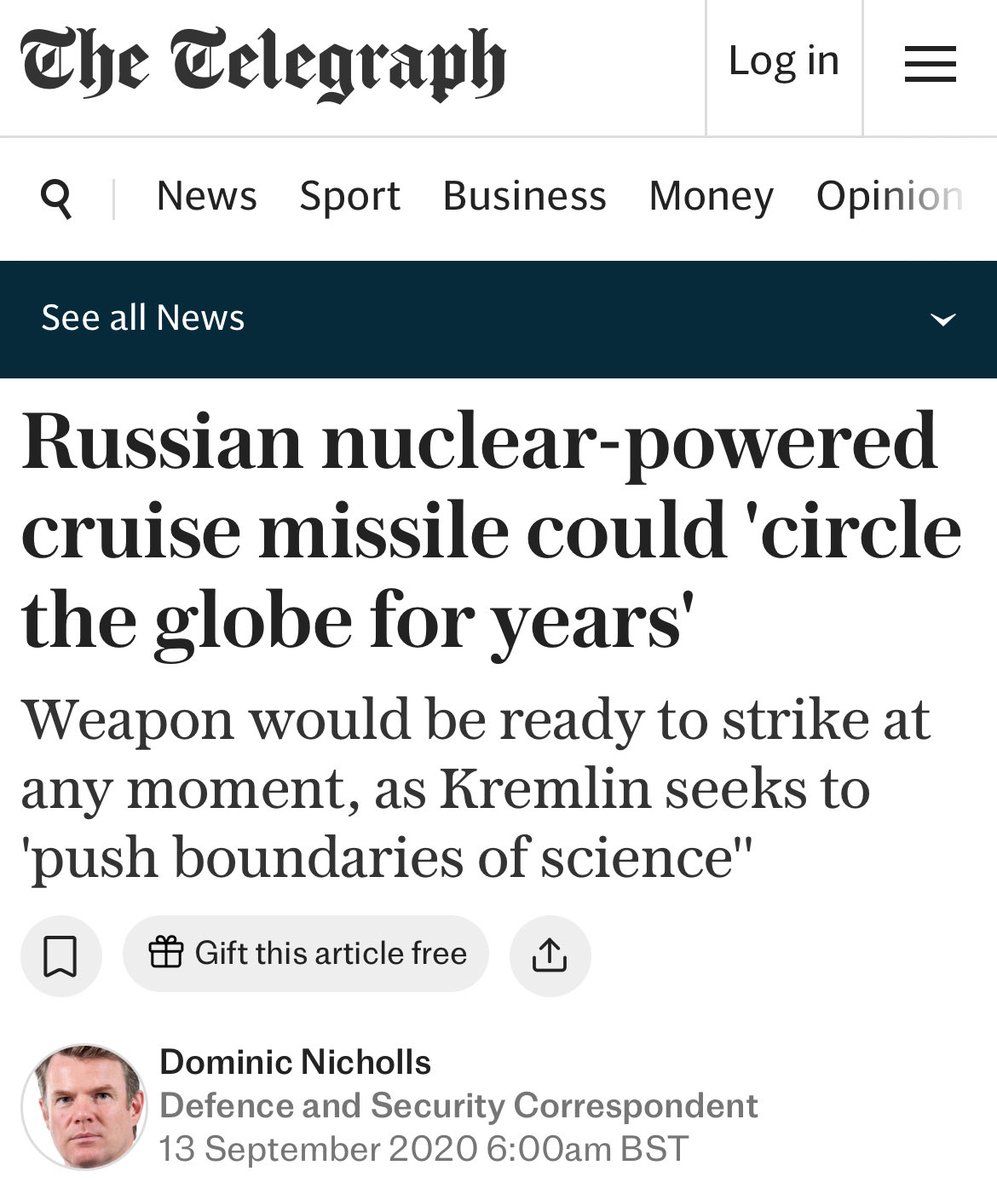1/ Now that the Nordstream pipelines are gone it's worth thinking about how a deindustrialisation of Europe via permantly high energy prices. 🧵
2/ European manufacturing will no longer be economically viable. Energy inputs - one of the key inputs in manufacturing - will be too expensive to viably produce products. They will simply be cheaper to buy elsewhere.
3/ There is a good chance some of this manufacturing will move to America - but only in the very short-term. Why? Because investment in manufacturing creates demand for manufactured products. Manufacturing creates jobs in Europe, the workers buy the products.
4/ With no manufacturing jobs, Europeans will have far less purchasing power. If some of the manufacturing moves to America, it will be short-lived. America will realise that much of its export market has collapsed. Note that the EU makes up around 10% of US exports.
5/ Then there are the imports to the US. US continue to buy some but they will be massively more expensive due to higher input costs. The US will try to poach some of this manufacturing and onshore it, but there are numerous constraints here; skilled work, infrastructure etc.
6/ Crushing European manufacturing simply creates a black hole in Europe. This black hole sucks in everything around it as economic activity around its borders dries up. Europe will also have to respond by shutting out exports to try to revive its uncompetitive industry.
7/ Basically the only strategy for Europe will be to shut itself off and force its higher priced products on its residents. This will likely be accompanied by accelerated energy investment policies. This will result in yet more economic chaos for the West.
8/ All of this is basically a repeat of what happened in the 1920s. It resulted in the Great Depression. But this time, only the West will sink into depression. The new BRICS+ bloc is building a seperate economic bloc and will continue to grow while the West wither on the vine.
9/ The European energy war will likely go down in hitory, together with the Treaty of Versailles and the trade wars of the 1930s, as one of the biggest economic policy errors in history.
10/ Another thing: when Trump was elected on a platform of milder protectionism, many people rightly pointed to the 1920s and 1930s and warned against these policies. These same people appear to have supported these much more 1920s/30s-like policies this past year. Ironic.
11/ @TheCriticMag have published a full essay version of this thread. Guaranteed better than the original!
https://twitter.com/TheCriticMag/status/1575448553291485184
• • •
Missing some Tweet in this thread? You can try to
force a refresh


